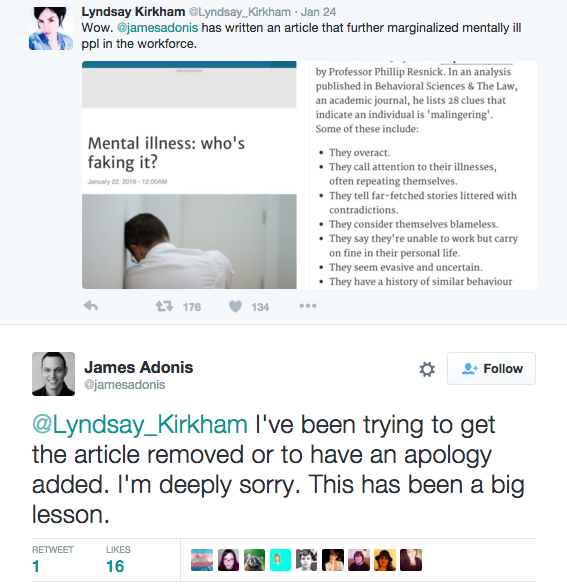Anna Spargo-Ryan, a writer from Australia, posted these selfies on Facebook after reading an article titled "Mental illness: who's faking it?"
Her post is accompanied by the following caption in which she argues how harmful it is to accuse an employee of faking their mental illness.
These photos of me were taken three days apart.
In the first one, I have a mental illness.
And in the second one, I have a mental illness.
The Sydney Morning Herald today published an article by James Adonis, about how employers can identify people who are "faking" mental illness to get out of work.
One of the recommendations from this absolute dropkick of a human was to "issue a warning to those you suspect are faking it."
Part of what makes mental illness so hard to identify in at-risk people is the constant reinforcement that we're "imagining it" or that we're "just sad" or that we "have to want to get better". It's an ethereal illness, existing only because we can't be bothered to be well, or because we've talked ourselves into it, or because we didn't try hard enough, or because we are faking it.
Garbage "people-management thinkers" who choose to perpetuate the myth that mental illness is probably a fakery do so to broad societal detriment. Good people have mental illnesses. We need them to feel supported and empowered in their places, whether that's work or home or school or somewhere else. Not that someone is waiting to "catch them out". Not that their illness is not legitimate. Not that the time they take away from work to seek treatment is bogus.
Both of these photos are mental illness. I hope this helps you to spot the fakers.
The article she refers to in her Facebook post warns employers of a new type of employee “who fakes a disorder for their personal benefit”.
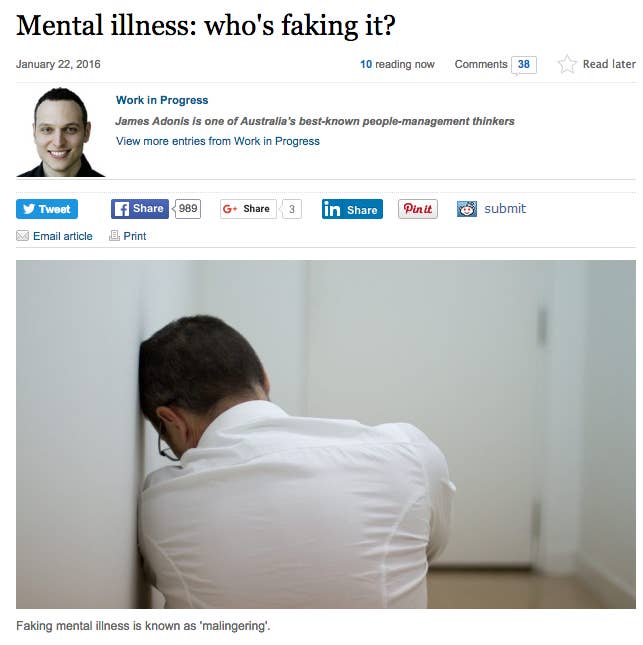
Spargo-Ryan told BuzzFeed News she thought the piece was "dangerous" and has "no place in the current mental health climate".
She added: "We're still at the beginning of understanding how to support mental health in the workplace, and the idea of 'catching people out' is the antithesis of that."
The Australian author has been diagnosed with generalised anxiety disorder, panic disorder, major depressive disorder, and post-traumatic stress disorder.
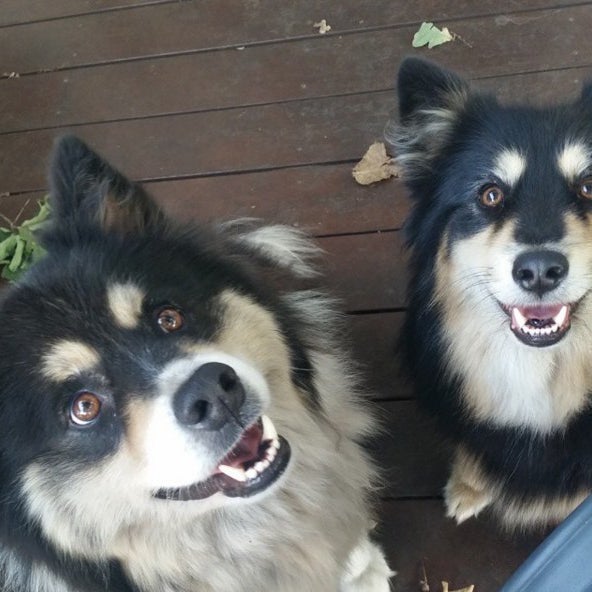

But more importantly she describes herself as a "mother, author, friend, lover, sister, and person". She said: "When I was 19, I had two psychotic episodes and spent some time undergoing acute treatment for that, and that has had residual effects." Her first novel will be out in June. It's a truthful account of "what it's like to live with a mental illness, and to be a person affected by other people's mental illness".
Spargo-Ryan decided to take the two selfies to highlight how invisible mental illness can be. Just because a person is smiling, doesn't mean they're not suffering.
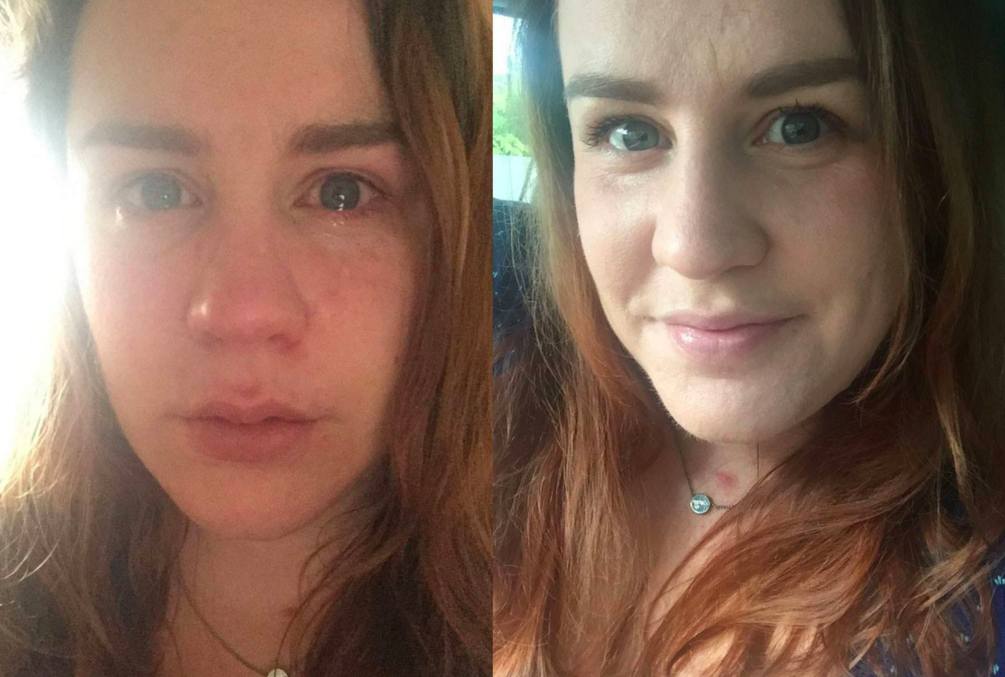
The post has been liked and shared by thousands and has received hundreds of comments:

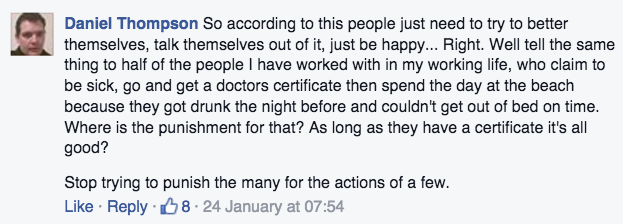
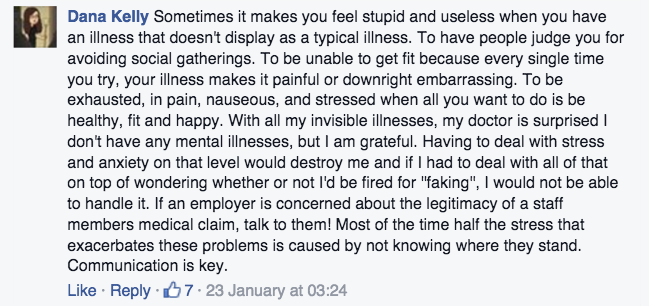
Spargo-Ryan told us about the positive reaction she has encountered on her post:
Having a mental illness can be very isolating and it can be very comforting to know you're not alone in your experience. It's vital to know that you can be unwell but still be so, so valuable to people (and not just your workplace!). It doesn't define you. It's part of the vast tapestry of your person.
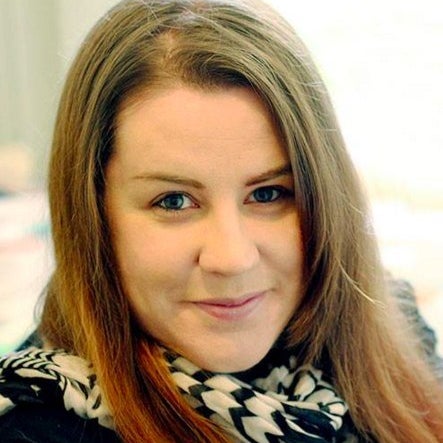
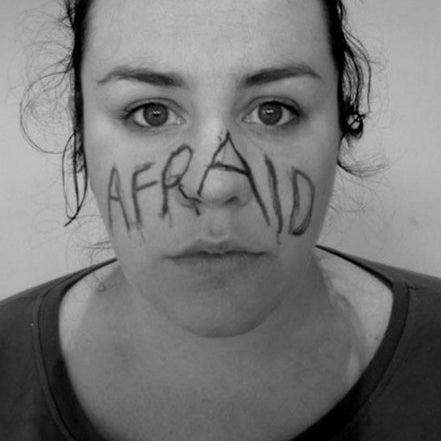
And why she hopes people won't take the article too seriously:
Imagine being a person who's struggling with feelings of – and maybe a diagnosis of – depression, who now feels as though she can't go to her employer because they will think she's "faking it". It's hard enough to contend with the self-doubt and fear and stigma without also worrying about whether someone will even believe you.
James Adonis, who wrote the Sydney Morning Herald piece, updated it on 26 January with the following addition:

Adonis has also responded to criticism he received on Twitter:
